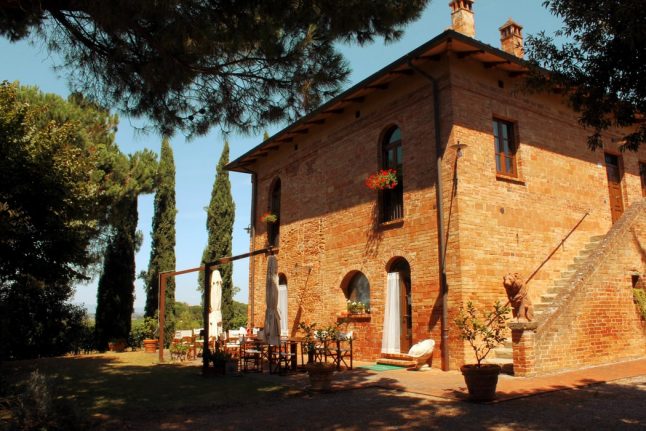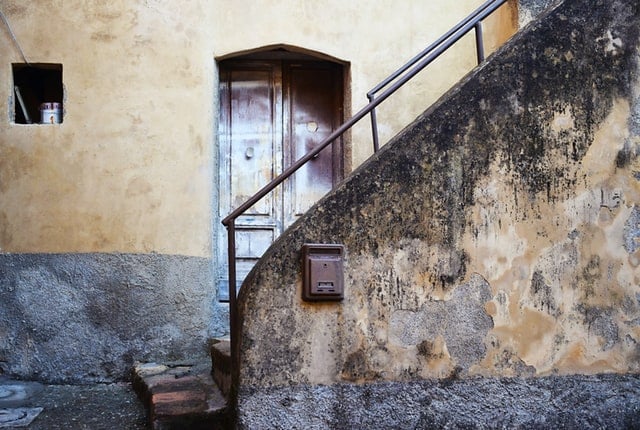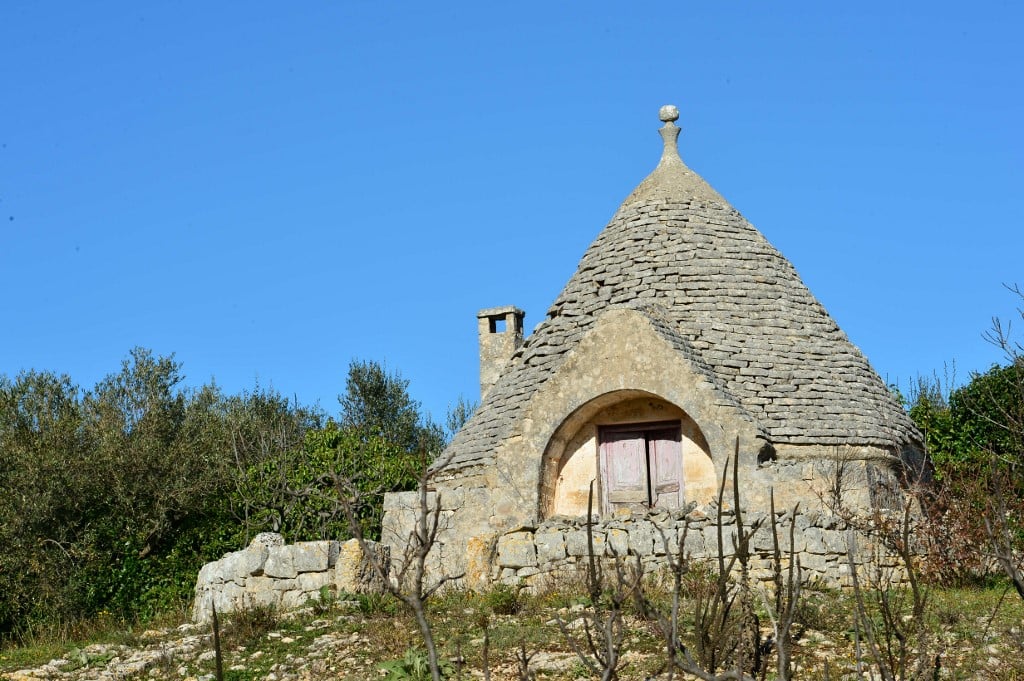Italy may have eased most of its coronavirus lockdown rules, but the economic situation looks dire with half a million jobs lost and a major recession looming.
In this climate, those still in a position to make an offer on a house are keeping a close eye on how property prices could be affected.
But, as we reported recently, while the coronavirus crisis might have changed some things about the market in Italy, house prices don't seem to have fallen – at least, not yet. And while some prospective buyers may now be thinking of putting in a lowball offer on a dream Italian home, property experts say there are a few reasons why that might not work.
As Dave Benton of the Abruzzo.based VIgnaverde estate agency tells us, common misconceptions about the Italian market can easily trip up potential buyers.
READ ALSO: Demand surges for homes in the Italian countryside amid coronavirus crisis
He shared some advice which, while based on his experiences in the Abruzzo region, is also relevant to the rest of Italy – particularly in rural areas.
As he explains, the traditional rural property market here in Italy is very different to the urban market, and very different to the international market focused on expat buyers.
Here he busts a few myths, and shares some advice for those interested in making an offer on their dream home in Abruzzo, or elsewhere in Italy.
Don't presume anything
It's easy to imagine that, during a crisis and the subsequent recession, homeowners will be forced to put properties on the market, and could slash prices out of desperation.
But, as Benton explains, you shouldn't expect proud Italian homeowners to part with their properties too readily – crisis or no crisis.
“Contrary to some peoples' belief, Italian families, particularly in the countryside, have created great wealth for themselves over the years,” he says.
“After world war two, families built up their assets by buying land, working hard and building.”
“The determination to help future generations means that families have many properties at their disposal. Some are used by family members and some, for various reasons, are sold.”
Even after a tax on second homes was introduced, he explains, many Italian families were loathe to part with their properties.
“Up until around eight years ago, Italian residents paid very little tax on their properties,” Benton says. “This meant that families could own many properties with very little, if any, tax expense.”
“The mentality of holding on to properties wavered when tax payments were demanded. However many families who worked hard to create their empires continue to hold on to assets and find ways to reduce tax bills.”
Unfinished houses aren't always a sign of financial trouble
When looking for properties to buy in Italy you might come across quite a few unfinished building projects for sale.
“A huge misconception many of our property viewers have is that an unfinished house, means that funds ran out,” says Benton, adding that usually this “could not be further from the truth.”
“Many families built properties years ago when local planning was either non-existent (before 1967), or when planning was less stringent,” he explains.
“These same properties are often left uninhabitable for many years, until a family member either gets married or decides to move there. This is done to avoid or reduce second home taxes due to them not being habitable.”
Sellers may not actually want to sell
If you're hoping a seller will accept a low offer because they want to sell, you could be in for a disappointment.
“I would say 90 percent of our owners do not want to sell their properties,” Benton explains.
“Italian families are very proud of what they've created, and often they sell not because they need money, but because a property is simply an excess one.”
“They built them or bought them to help secure the future of their children. I hear the same story of sacrifices almost every time I visit a new property.”
MORE EXPERT ADVICE:
- How and where to find your dream renovation property in Italy
- Expert tips on renovating your Italian property
- 10 things you need to know about property on Lake Como
“Unfortunately for them, their children simply do not want them. Free home in Abruzzo? No thanks.”
It may be a strange concept for those of us coming from countries like the UK where getting a mortgage is the usual route to home ownership.
But, as Benton explains, in Italy it's far from unusual to hear about a son or daughter who turns down a free house in the countryside in favour of an apartment, often mortgaged, just a mile down the road.
“This kind of scenario is how and why most properties come up for sale,” he adds. “Families will sell houses and offer the money to their children to help them set up where they want.”
“Sometimes people move for work, but in my experience, most people do not want the hassle of restoring older properties and young Italians simply love their convenience.”
Above all, be respectful
While sellers may be open to negotiation, take care not to offend by making an unreasonable bid on one of these treasured family properties.
“Silly, disrespectful offers could be the excuse needed for the owner to change their mind about selling. Do not presume they all need to sell,” warns Benton.
“It is also very easy to offend an Italian.”
“What you should be doing is looking at the local market, speaking to your agent and making offers based on your budget, not based on what you think the personal situation of the seller is.”
READ ALSO:
- The very best Italian towns to move to – according to people who live in them
- House-hunting in Italy: the essential vocabulary you'll need
“I have learned many times, after living here for almost 12 years, not to judge a book by its cover. A sensible approach will be the best chance you have,” he adds.
“Consider how you feel when you are selling and don’t believe everything you hear about the economic situation in Italy.”
“If you have a good relationship with your agent, work together to get the right deal and make friends with the sellers of your dream home in Abruzzo,” he advises. “By doing this, you will be repaid time and time again by these fantastic, proud people.”
“Understand the reasons why people sell, be mindful of their sacrifices.There are people here who saw and survived the atrocities of world war two. The coronavirus won't make anyone give away their homes.”




 Please whitelist us to continue reading.
Please whitelist us to continue reading.
Member comments